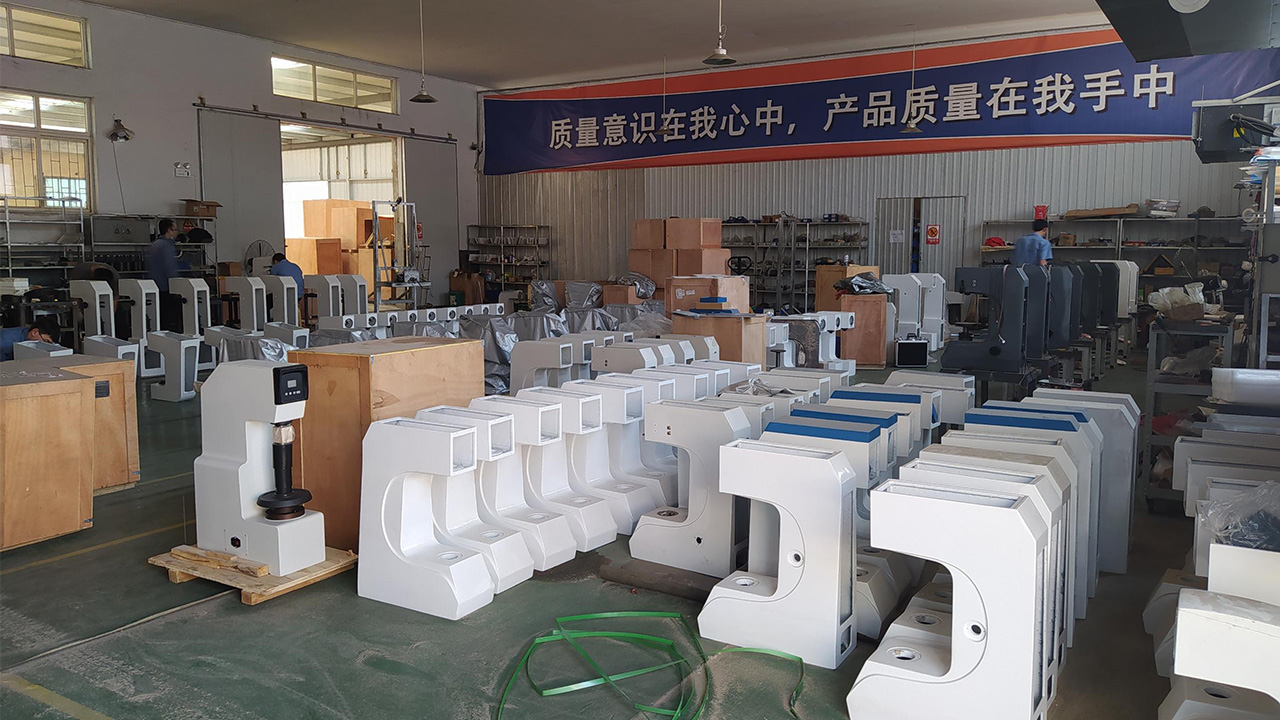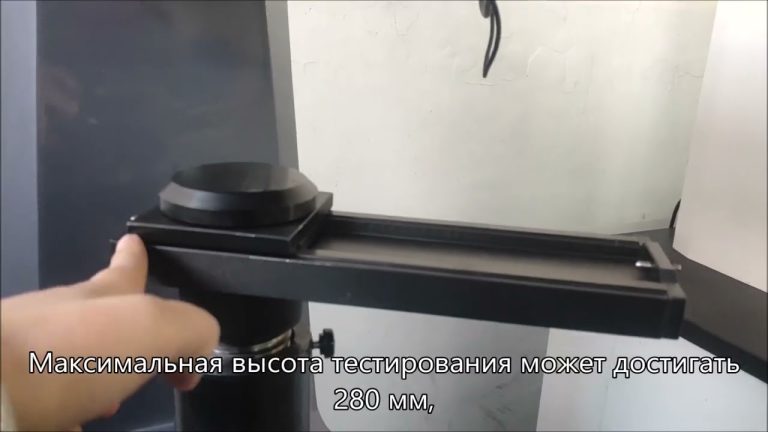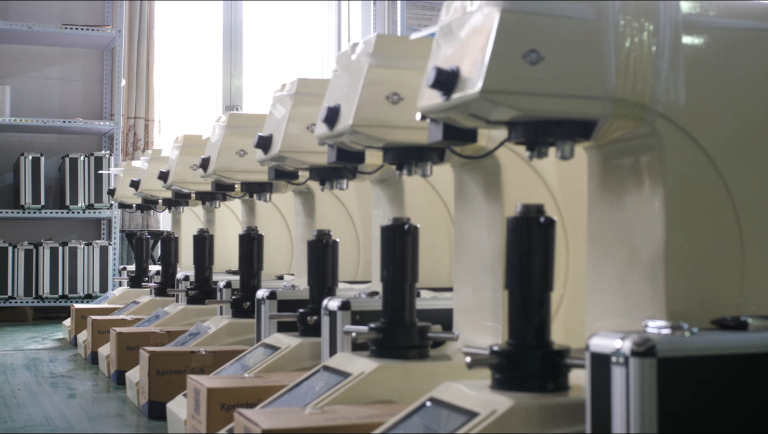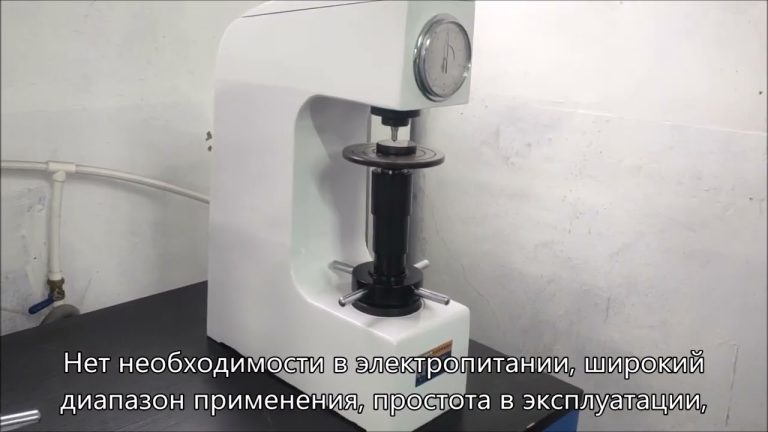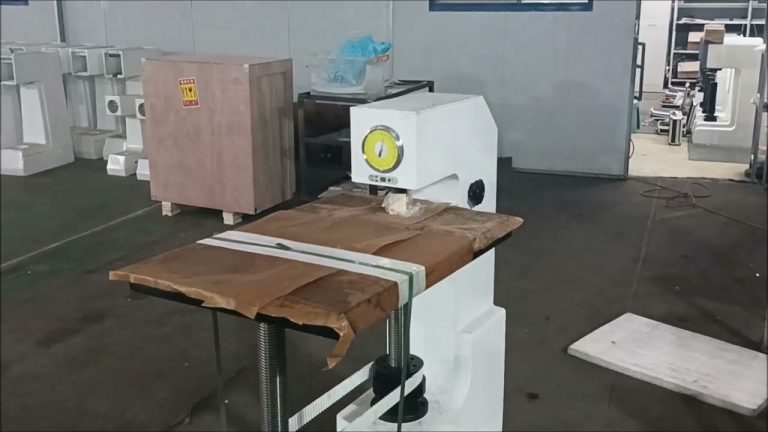Table of Contents
Benefits of Using Core hardness testers in Factory Settings
Core hardness testers are essential tools in factory settings for ensuring the quality and durability of products. These devices are used to measure the hardness of materials, such as metals, plastics, and composites, by applying a controlled force to the surface of the material and measuring the depth of the indentation. By using core hardness testers, manufacturers can ensure that their products meet the required specifications and standards, leading to improved product quality and customer satisfaction.
One of the key benefits of using core hardness testers in factory settings is the ability to accurately measure the hardness of materials. Hardness is an important property of materials that can affect their performance and durability. By using core hardness testers, manufacturers can determine the hardness of materials with precision, allowing them to make informed decisions about the suitability of materials for specific applications. This can help prevent product failures and costly recalls, ultimately saving time and money for the company.
In addition to measuring hardness, core hardness testers can also be used to assess the quality of heat treatment processes. Heat treatment is a common manufacturing process used to improve the mechanical properties of materials, such as strength and hardness. By using core hardness testers, manufacturers can verify that the heat treatment process has been carried out correctly and that the desired properties have been achieved. This can help ensure the consistency and reliability of products, leading to increased customer trust and loyalty.
Another benefit of using core hardness testers in factory settings is the ability to monitor the quality of materials over time. Materials can degrade and change properties over time due to factors such as wear, corrosion, and fatigue. By regularly testing the hardness of materials using core hardness testers, manufacturers can detect changes in material properties early on and take corrective actions to prevent product failures. This proactive approach to quality control can help improve product reliability and longevity, ultimately enhancing the company’s reputation and competitiveness in the market.
Furthermore, core hardness testers can also be used to optimize manufacturing processes and improve efficiency. By measuring the hardness of materials at different stages of production, manufacturers can identify areas where improvements can be made to enhance product quality and reduce costs. For example, by adjusting the parameters of heat treatment processes based on hardness test results, manufacturers can achieve better control over material properties and reduce the risk of defects. This can lead to increased productivity, reduced waste, and higher profitability for the company.
In conclusion, core hardness testers play a crucial role in ensuring the quality and reliability of products in factory settings. By accurately measuring the hardness of materials, assessing the quality of heat treatment processes, monitoring material properties over time, and optimizing manufacturing processes, core hardness testers help manufacturers deliver high-quality products that meet customer expectations. Investing in core hardness testers can bring numerous benefits to a factory, including improved product quality, increased efficiency, and enhanced competitiveness in the market. Ultimately, core hardness testers are indispensable tools for any manufacturer looking to achieve excellence in their production processes.
How to Choose the Right Core hardness tester for Your Factory
When it comes to manufacturing processes, ensuring the quality and durability of products is essential. One key aspect of this is testing the hardness of materials, particularly in the case of cores used in various industrial applications. A core hardness tester is a crucial tool for factories looking to maintain high standards of quality control. However, with a wide range of options available in the market, choosing the right core hardness tester for your factory can be a daunting task. In this article, we will discuss some important factors to consider when selecting a core hardness tester for your factory.
First and foremost, it is important to consider the type of materials that will be tested using the core hardness tester. Different materials have different hardness levels, and not all testers are suitable for all types of materials. For example, if your factory primarily works with metals, you will need a core hardness tester that is specifically designed for testing metal cores. On the other hand, if your factory works with a variety of materials, you may need a tester that is versatile enough to test different types of materials.
Another important factor to consider is the accuracy and precision of the core hardness tester. The accuracy of the tester will determine how reliable the test results are, while the precision will determine how consistent the results are when the test is repeated multiple times. It is crucial to choose a tester that provides accurate and precise results to ensure the quality of your products.
In addition to accuracy and precision, it is also important to consider the testing method used by the core hardness tester. There are different testing methods available, such as Rockwell, Brinell, and Vickers, each with its own advantages and disadvantages. The testing method you choose will depend on the type of materials you work with and the level of accuracy and precision required for your products.
Furthermore, it is important to consider the size and capacity of the core hardness tester. Some testers are designed for testing small cores, while others are designed for testing larger cores. It is important to choose a tester that can accommodate the size and weight of the cores used in your factory to ensure accurate and reliable test results.
Additionally, it is important to consider the ease of use and maintenance of the core hardness tester. A user-friendly tester will make it easier for operators to perform tests accurately and efficiently, while a tester that is easy to maintain will reduce downtime and ensure the longevity of the equipment.
In conclusion, choosing the right core hardness tester for your factory is a crucial decision that can impact the quality and durability of your products. By considering factors such as the type of materials tested, accuracy and precision, testing method, size and capacity, and ease of use and maintenance, you can select a tester that meets the specific needs of your factory. Investing in a high-quality core hardness tester will not only ensure the quality of your products but also improve the efficiency and productivity of your manufacturing processes.
